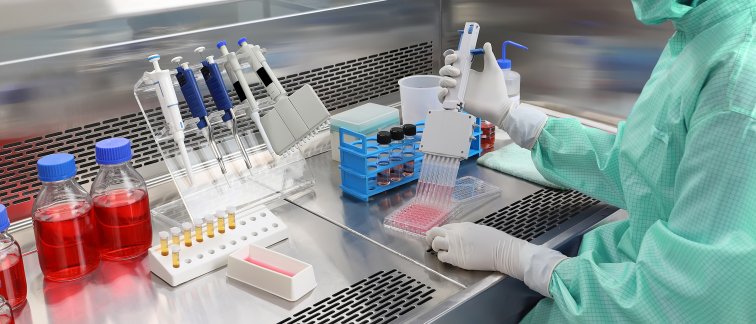Patient-specific induced pluripotent stem cells (hiPSCs) are stem cells that, in principle, can be made from any somatic tissue such as a skin biopsy. A unique characteristic of hiPSCs is their ability to differentiate into all cell types of the human body, making patient-specific hiPSCs an excellent tool to study a broad range of organ-specific diseases and for drug discovery strategies. In recent years, the potential of hiPSCs to develop into a whole embryo has attracted much scientific interest, also because generation of human embryos for research is not allowed in many countries including the Netherlands. This restriction has hampered investigation of the earliest stages of human embryogenesis, just after fertilization, but becomes possible by using in vitro generated embryoids from hiPSC gametes.
The awarded project, with the acronym HipGametes, will use hiPSCs to generate male and female gametes that after fertilization would generate a non-viable embryo that can be used for research purpose only, not suitable for clinical reproductive purposes.
At the Amsterdam UMC, together with Callista Mulder, two PhD students under supervision of Ans van Pelt and Geert Hamer will focus on generation of male gametes and gonadal cells from hiPSCs (in vitro spermatogenesis). Also at the Amsterdam UMC, Corrette Ploem will investigate the legal aspects of in vitro generated reproductive cells and the potential non-viable embryos that are generated.
The project is part of large consortium with additional expertise in e.g., hiPSCs (LUMC), female gametes (Erasmus MC), ethics (Maastricht University) and societal impact (Rathenau Institute).
For additional information:
HipGametes: In vitro generation of human induced pluripotent stem cell-derived gametes to model human embryogenesis - ZonMw

